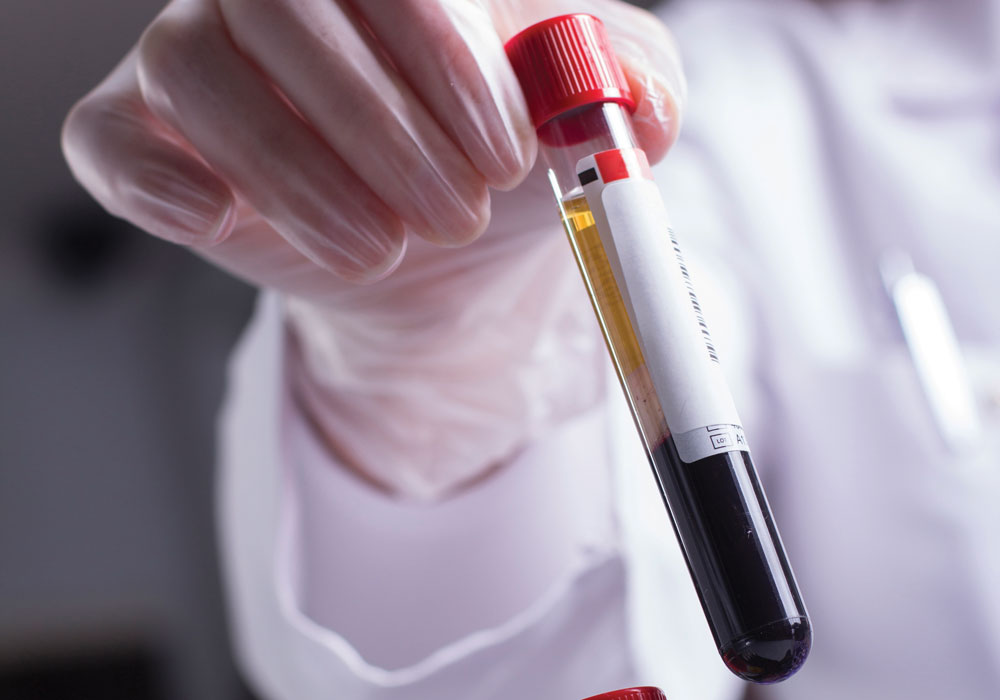Patients with hematologic cancers have a 19% increased risk for blood clots or bleeding events even 10 years after diagnosis, according to the results of a study published in the Journal of Thrombosis and Haemostasis.
Researchers conducted a population-based cohort study of Danish patients from 2000–2013 and compared 32,141 adult patients with hematologic cancers 1:5 with a generalized population-matched cohort. After a hematologic cancer diagnosis, patients had a 3.3% increased risk for myocardial infarction, 3.5% for ischemic stroke, 5.2% for venous thromboembolism, and 8.5% for bleeding. When analyzed by type of hematologic cancer, the risk of thromboembolic events was higher than that of bleeding for all blood cancers except myeloid leukemia, acute lymphoid leukemia, or myelodysplastic syndrome.
For blood clots, patients with hematologic cancers had a 40% higher risk of clots in the heart, 20% for clots in the brain, and more than 300% for clots in the legs and lungs. Risk of bleeding was 200% higher as well.
Future studies should investigate which patients and cancer types are at increased risk for which complications to help clinicians improve prevention and make individualized treatment decisions, the researchers concluded.






